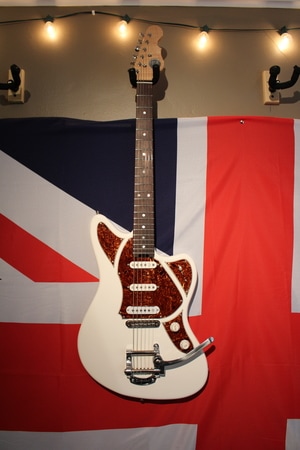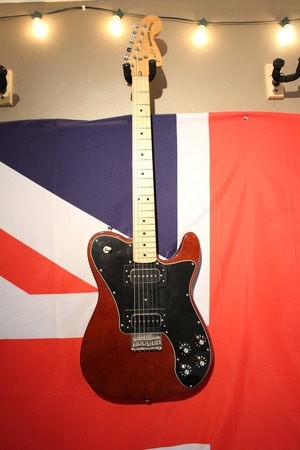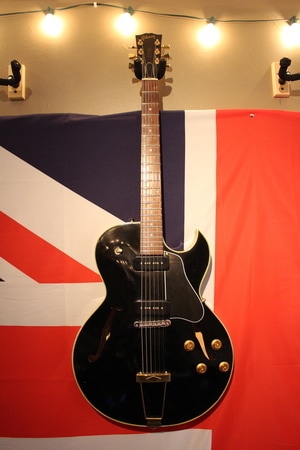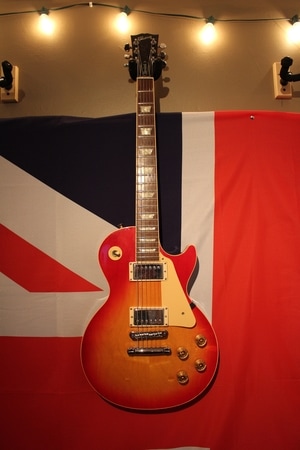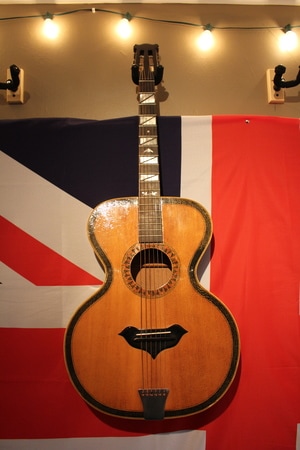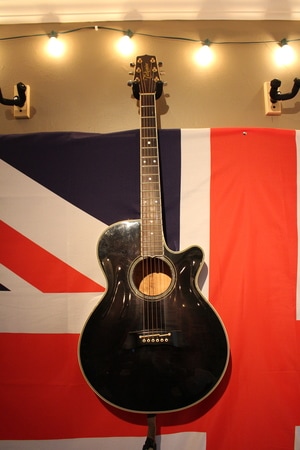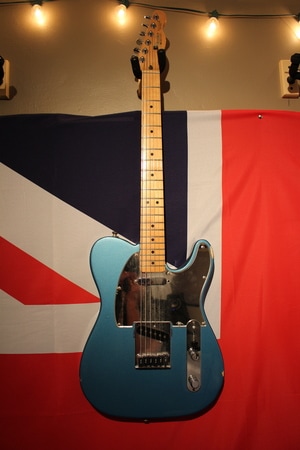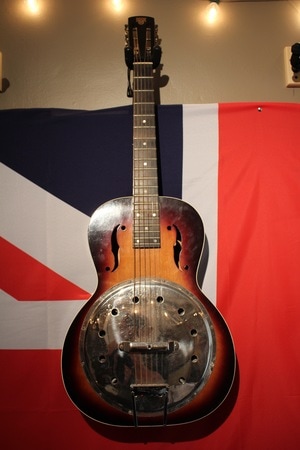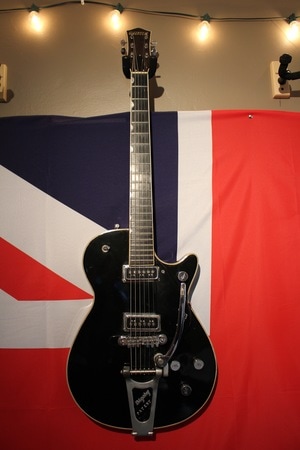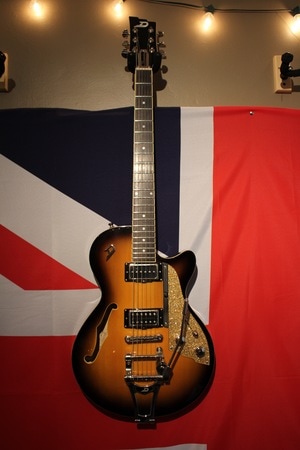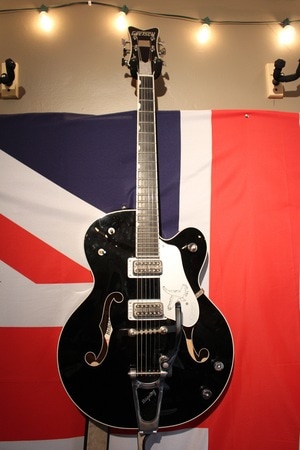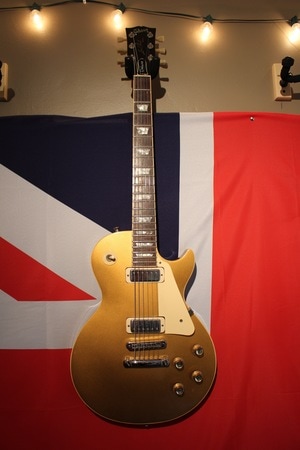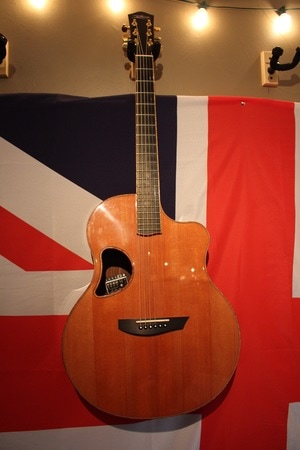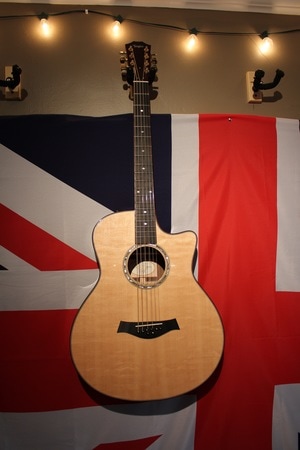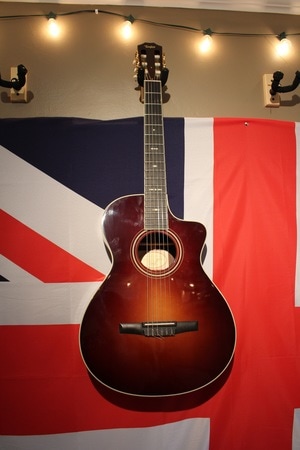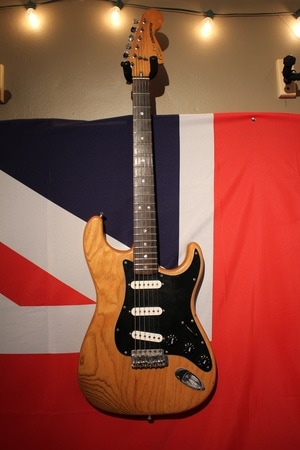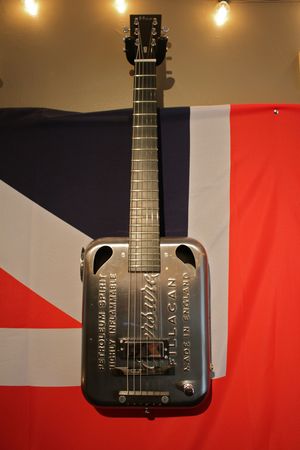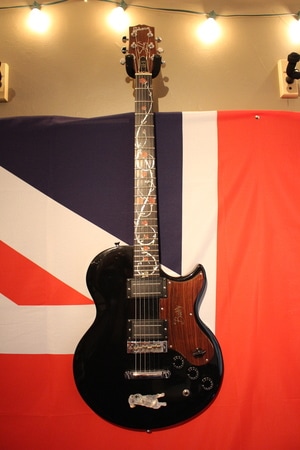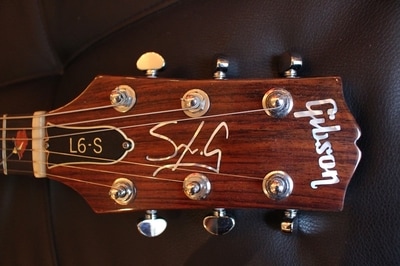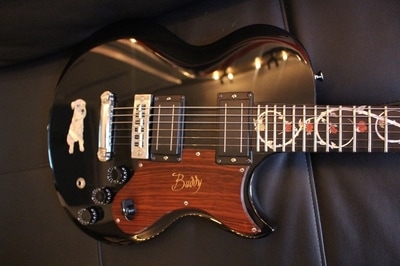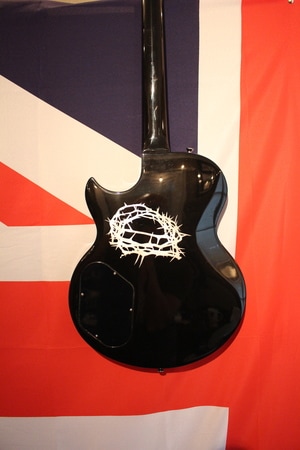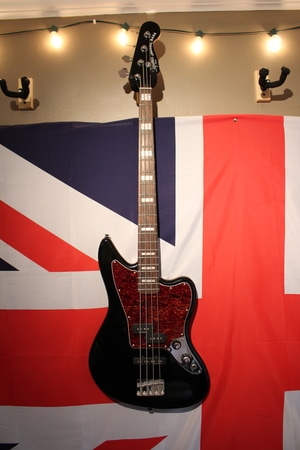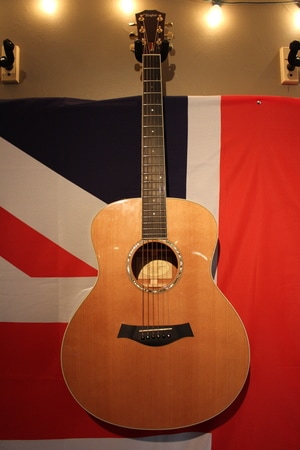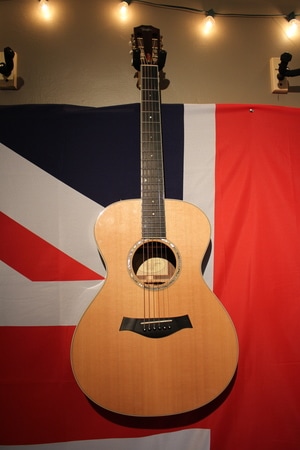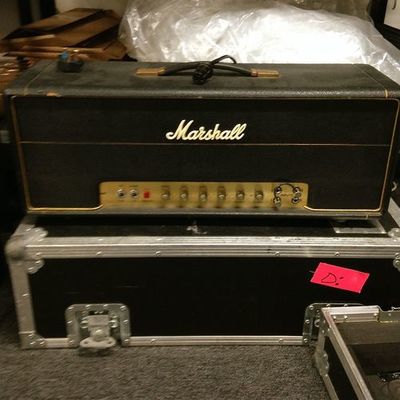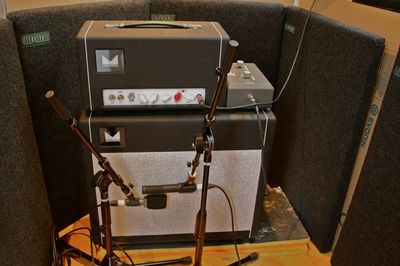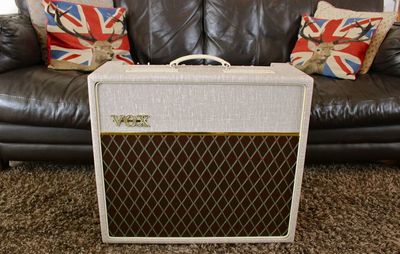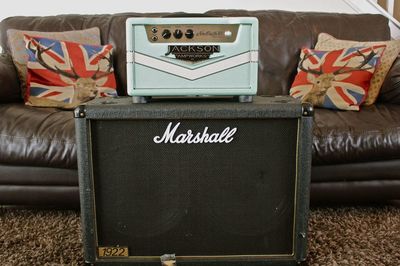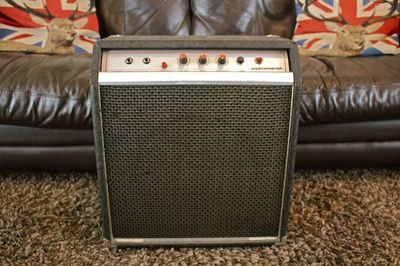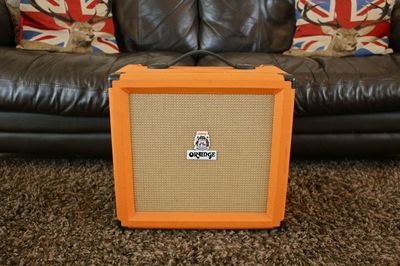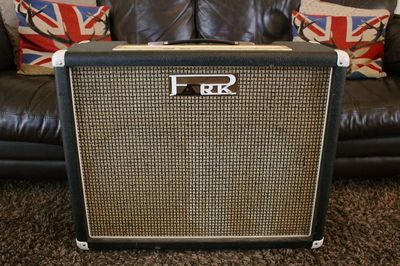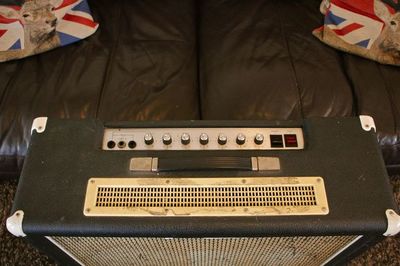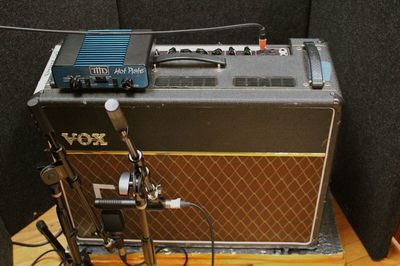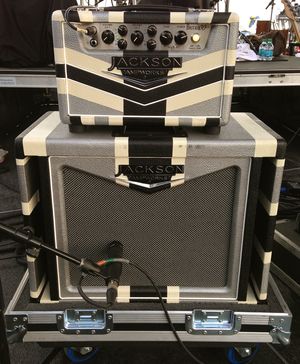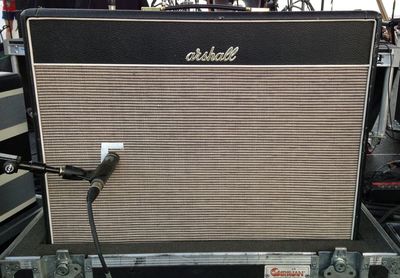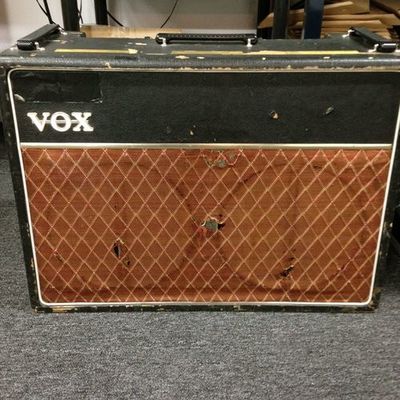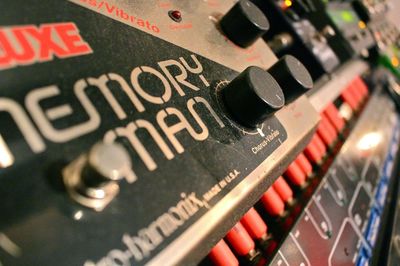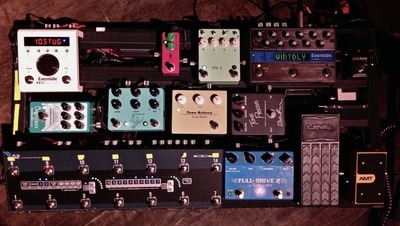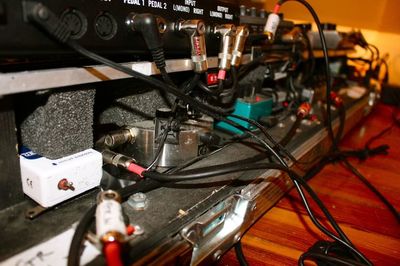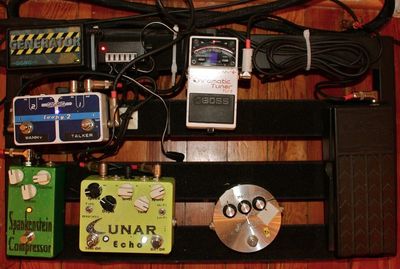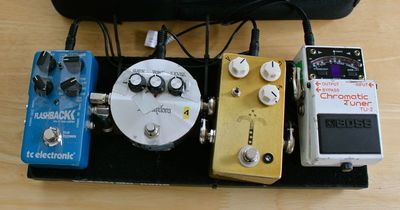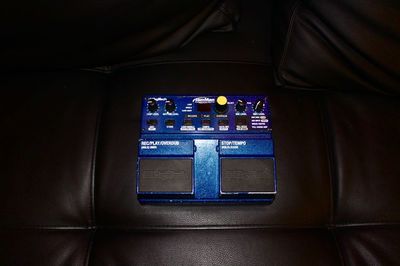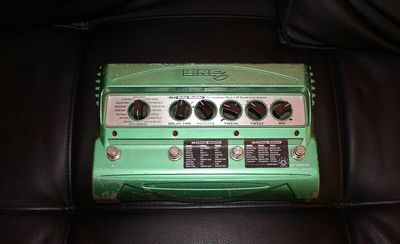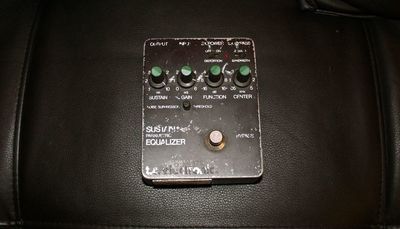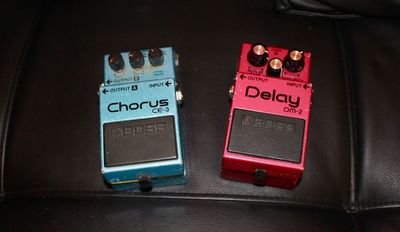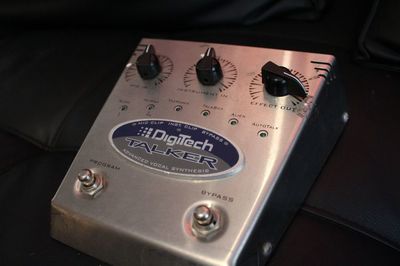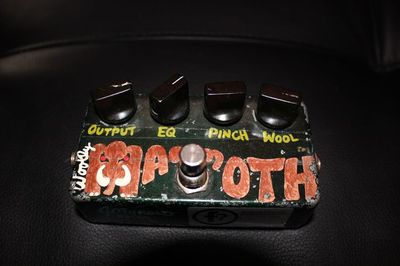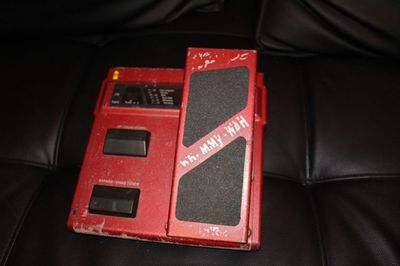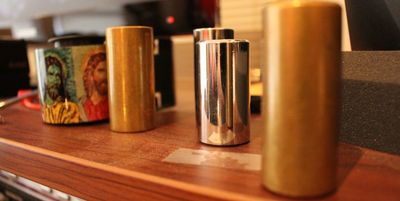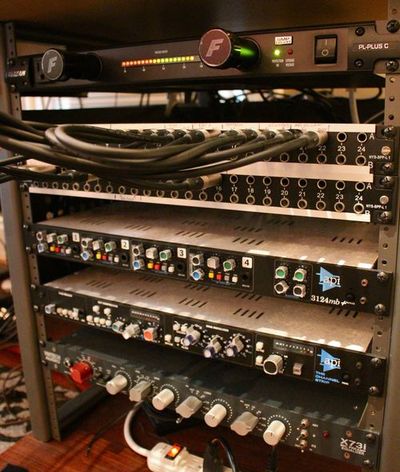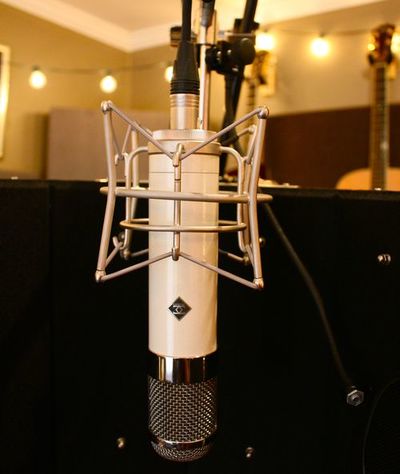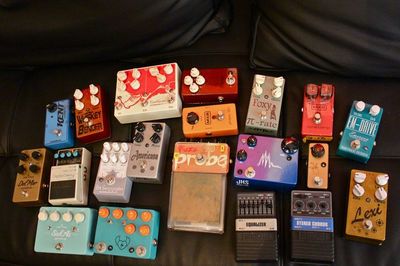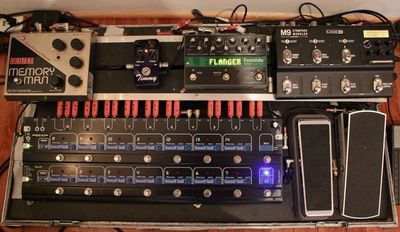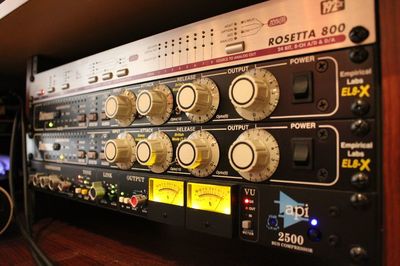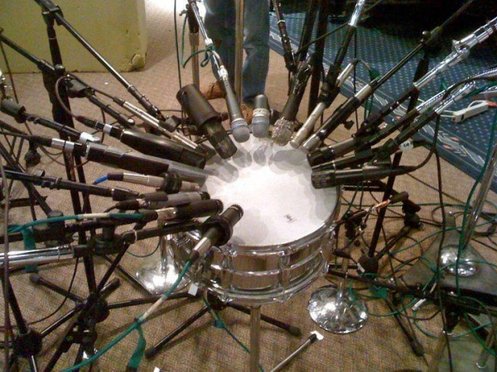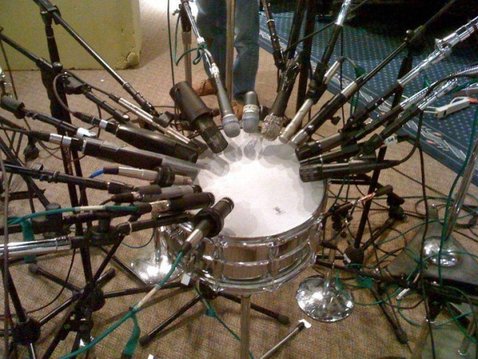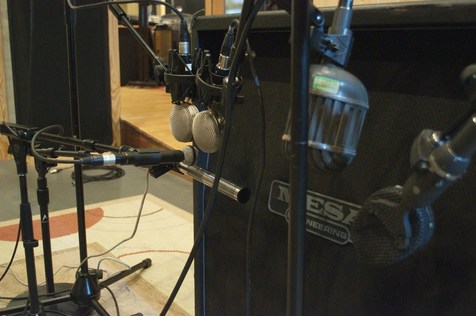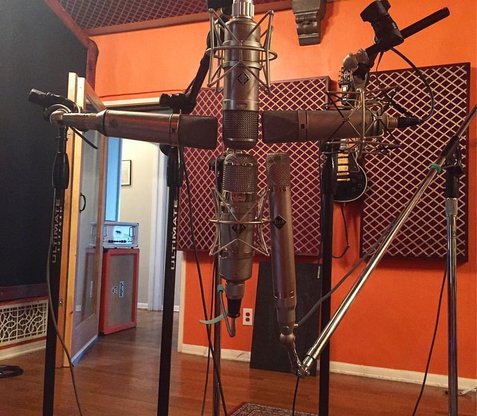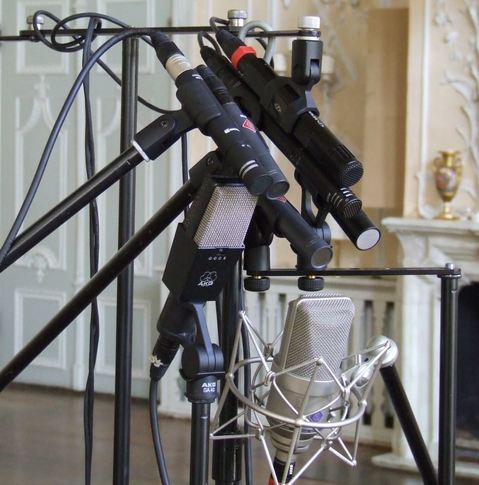|
Stu G is one of the most well respected and accomplished musician/artists. It's hard to imagine in what area he has not had an impact on countless others. From being a major force in the realm of worship through his involvement with Delirious?, to his more current role in the band One Sonic Society, he has paved a tremendous path of influence for fellow worshippers and musicians. He's made waves in performing, songwriting, production, recording, and now even writing! 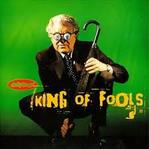 The first time I had heard Stu's guitar work, was the "King of Fools" record. I remember being on the road with the band I was in at the time soaking in that album. Songs like "Hands of Kindness" stayed on repeat on my portable CD player (I'm old Ok?). As time progressed, I discovered some of their earlier albums - such as "The Cutting Edge." Songs like "When All Around Has Fallen," and "King of Love" stayed on rotation. One summer when we went on tour out to California, our bassist showed us "Live and In the Can." Then add to it the rest of his discography with Delirious?: Mezzamorphis, Glo, Audio Lessonover, Touch, World Service, The Mission Bell, and Kingdom of Comfort - and this is not even including the live albums as well. It was ridiculous how great Stu's work with Delirious? was/is. Timeless. He always puts the right guitar parts in the right places - and that's one of the highest compliments I can pay a fellow musician. 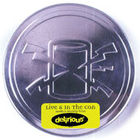 As A Side Note: Worship music back then (90's & early 2000's) had a different spirit about it. It was sweet. Affectionate. Effective. It wasn't a genre. These were the days when Vineyard Music was a thing. When albums like "Sweet Mercies" by David Ruis blew me away- or Kevin Prosch's old band, The Black Peppercorns and their album "Tumbling Ground," stayed on repeat. These musicians at the time were "History Makers," and Stu G is certainly no exception. 20 years later, and Stu is still putting out timeless work. I caught up with him recently via a Skype interview to discuss his new album "The Beatitudes." The thing that struck me by speaking with Stu, is that his heart really is to reach people. He's on his own journey. His own path. And along the way, he has really turned out something really quite unique and beautiful: One of the many things that sets this album apart, is the incredible line up of guest musicians who lent their gifts to make this project happen. Pictured below are some of the artists that are featured on The Beatitudes: 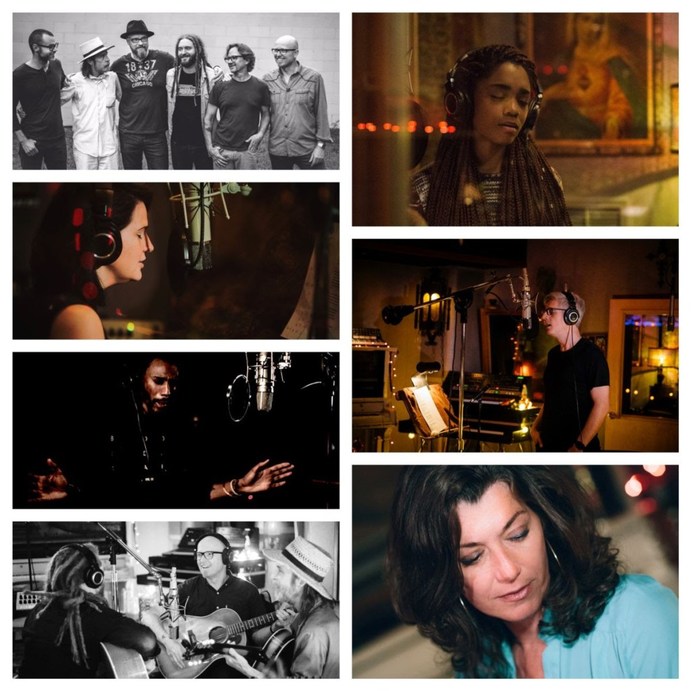 Pictured at The Smoakstack studio in Nashville during the recording of the Beatitudes album (except where noted) are artists Matt Stanfield, Jimmy Abegg, Anthony Skinner, Paul Moak, Steve Hindalong and Stu G (left top), Amanda Cook (left, upper middle), Propaganda (left, lower middle, at Westlake Recording Studios in Los Angeles), Paul Moak, Stu G and Jimmy Abegg (left bottom), Terrian Bass (right top), Matt Maher (right middle) and Amy Grant (right bottom). (Photos by Daniel C White, Jeff Arnold, Tom Williams.) 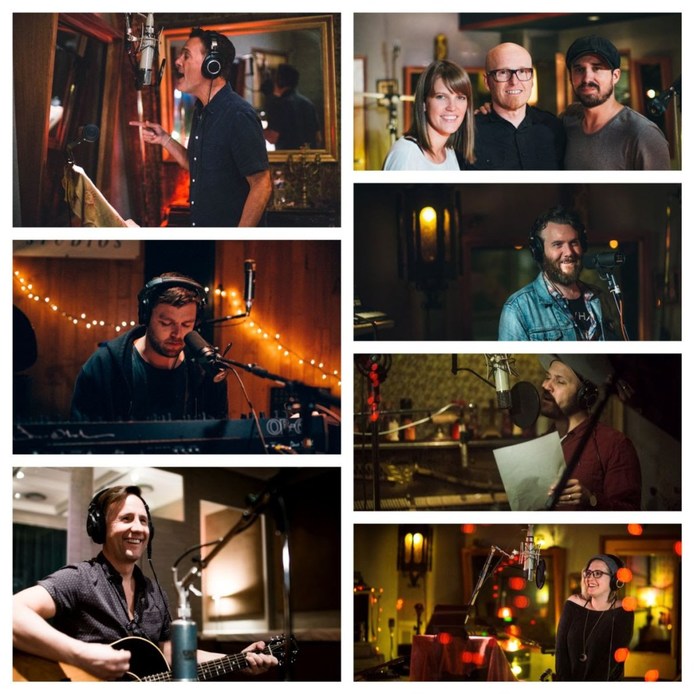 Pictured at The Smoakstack studio in Nashville during the recording of the Beatitudes album (except where noted) are artists Michael W. Smith (left top), Joel Houston (left center, at Record Plant recording studios in Los Angeles), Martin Smith (left bottom, at RAK Studios in London), All Sons & Daughters’ Leslie Jordan and David Leonard with Stu Garrard (right top), John Mark McMillan (right, upper middle), The Brilliance’s David Gungor (right, lower middle) and Audrey Assad (right bottom).  The breadth of musicians and special guests on The Beatitudes project is really remarkable. I am quite sure Stu must be very happy with how his original vision (from so many years ago) to make an album revolving around the beatitudes played out. There's not a weak performance or a mediocre song on the whole album. The songs are powerful, thought provoking, fresh, & inspiring. My Interview with stu:Which brings me to our interview we conducted with Stu a few weeks ago via Skype. I found him to be a humble & open book regarding his impressive history as a musician, his current projects, and even his own personal life. We go through the album and the gear used for his new project, but the last part of the interview really spoke to me. I decided I would only show this part of the interview because it really speaks to so much of us in so many different areas of our own lives. There are numerous videos and interviews where he discusses his gear and such, but this was truly a unique moment: Stu's GearAs a fun little extra, I decided to include his impressive array of gear. Stu's got it goin' on. Guitars Amps Effects & Other Gear I would like to say thank you to Stu Garrard for taking the time for our interview with him.
0 Comments
AN ARTICLE WRITTEN WITH A LITTLE MORE CLARITY - I'M IN THE MARKET FOR A NEW VOCAL MICROPOHONE...So yesterday I wrote a quick blog post about how I believed that microphone shootouts were a big waste of time, but what I failed to do, was to clarify what was in my mind at the time when I wrote it. I watched a microphone shootout from a retailer. A woman was going between each one singing, and I thought - "Well that particular microphone sounds great with her voice, but how could anyone make a purchase decision based on a microphone shootout online with a totally different person, in a different studio than mine, with a different microphone preamp than mine? I am in the market for a microphone for my wife. She's a powerhouse of a singer with a deeper tone, and an insane range. I can't just watch a video of a random lady with a totally different sounding voice, and say - "yup, since that microphone on that lady sounded the best, that's the one I should buy." I was in no way saying that a microphone shootout in your own studio is a waste of time - because it's notCheck out a screen capture from my Mixing 101 page (which i've had active for over a year): But there's no way you can tell me this right here: ...is going to be in anyway helpful for making a microphone purchase decision for my own snare, and in my own studio. At best - it will give me a "rough sketch" of a microphone's voice. Now as an engineer with over 25 years of experience and 100's of projects under my belt, i've heard most of those microphones over and over on snare drums. I have my go to's because I am familiar with each of their voices, and what has worked for me in the past. Now I can say, "for that particular snare drum, microphone x sounded the best in that video." But, what if I have a snare drum made out of birch with an Evans Strata 700? There is no way from that video, that I could determine which microphone would sound best in my own situation. microphone shootouts in your own place on your own gearThis is where I failed to clarify my position. You can't read my mind.
Just about every engineer with a decent mic cabinet will change out microphones in a session to determine what sounds the best according to the client's instrument - but in the real world, if a client is paying you by the hour, you better already know your mics so that you aren't wasting a lot of time. This is called being professional. Of course, nowadays, there's not much of that kind of work (hourly) going around anymore... Watch out, Mr. Ranty Grouchy Pants Strikes Again... REASONS & VARIABLES WHY MICROPHONE |
Do you like vintage recording gear and articles? You should visit our sister site: The Vintage Audio Portal!
**Advertise With Us! We have thousands of visitors a day. Contact us here to learn more.
Archives
August 2021
Categories |

